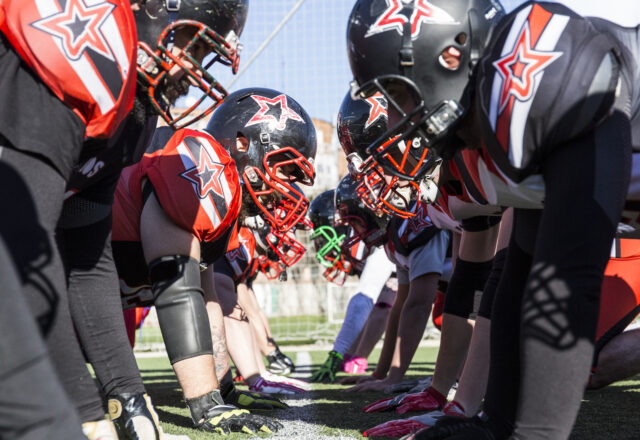As an update to last week’s article “Paying High School Athletes”, which focused on the implications and opportunities of high school athletes’ compensation and Florida’s NIL (name, image, and likeness) proposal, the Florida High School Athletic Association (FHSAA) unanimously voted on Tuesday to permit high school athletes to profit from their NIL, marking a significant shift in high school sports in the state. The new policy will take effect for the 2024-25 school year.
Key Details of the Policy
Unanimous Approval
The 13-member FHSAA board approved the NIL measure, which revises Policy 9.9, enabling student-athletes to earn money without risking their eligibility.
Restrictions
Athletes cannot use school logos, uniforms, or equipment in NIL deals. Schools and booster clubs are prohibited from forming collectives to facilitate NIL deals.
Parental Involvement
Only parents or guardians can negotiate NIL deals on behalf of the students.
Transfer Rules
Students who transfer schools mid-season cannot secure NIL deals for that season unless granted a Good Cause Exemption by the district.
Penalties
Violations of the NIL policy will result in formal warnings and potential one-year suspensions for repeat offenses.
Historical Context and Comparisons
Florida joins over 30 states, including California and Georgia, in allowing high school NIL deals. This move aims to keep top athletes from transferring to states with more lenient NIL rules. Florida was an early adopter of NIL for college athletes in 2020, influencing the NCAA to implement a national policy in 2021.
Reactions and Concerns
Support
Board members like Sara Bayliss and Paul Selvidio express cautious optimism, believing the policy will align Florida with national trends and allow student-athletes to benefit from their talents.
Reservations
Critics, including Shelton Crews from the Florida Athletic Coaches Association, worry about the potential for increased transfers and challenges in regulating NIL deals effectively.
The FHSAA’s approval of NIL deals for high school athletes is a landmark decision that aligns with a growing national trend. While there are concerns about enforcement and potential negative impacts, the policy aims to ensure fair compensation for student-athletes while maintaining competitive balance and integrity in high school sports.
Resources:
On3
Bay News 9
The Florida Times-Union




